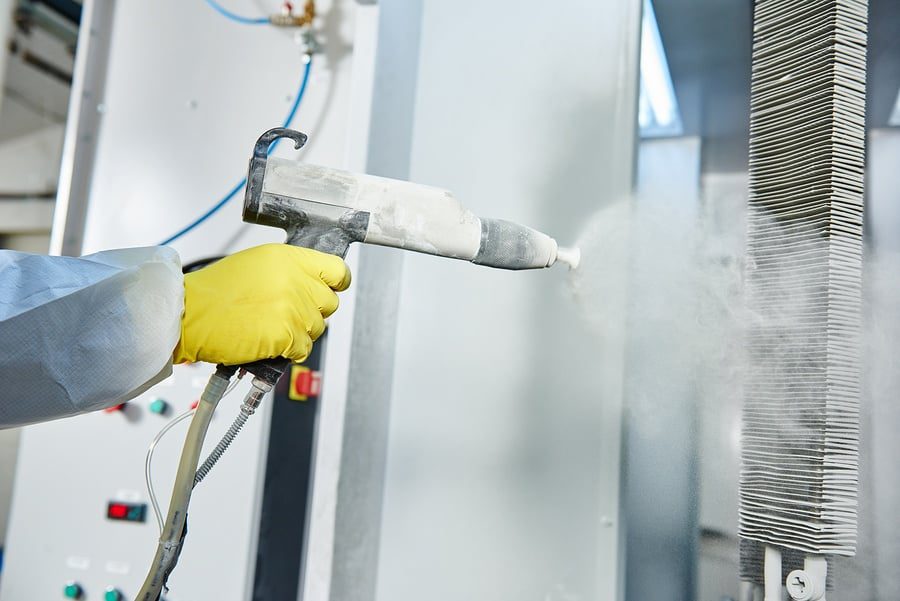A Bankruptcy Attorney Will Help Meeting The Trustee For The First Time
A Bankruptcy Attorney Will Help Meeting The Trustee For The First Time
Filing Bankruptcy And Meeting The Trustee For The First Time
Many Americans are coming to grips with the fact that filing bankruptcy might be their only way out of the extreme debt they have acquired over the last few years. There is much information on the Internet about bankruptcy filing, with some of it being true and even more falling under the category of myths and legends. There have been these scare tactics put on the web about what happens when a debtor has to file bankruptcy. Some of the information is a little bit of truth mixed with a bunch of misinformation that is probably coming from the credit industry. The credit industry doesn’t want debtors to know that if they file bankruptcy, especially under Chapter 7, it will wipe out all unsecured debt. Filing bankruptcy puts the power back in the debtor’s hands and takes it away from the creditors.
Much of the misinformation found online regard the meeting of creditors or 341 meeting and dealing with the bankruptcy trustee. After an individual files for bankruptcy they will be required to attend the meeting of creditors about 4 to 6 weeks after they file. Although, this puts extreme fear in most debtors, it is really not that big of deal. In a bankruptcy filing if the debtor is honest, they should have no problem getting a discharge. Sometimes, it might cost the debtor the liquidation of some non-exempt assets to give the proceeds to the creditors. Depending on which state the debtor lives in, bankruptcy exemption laws vary. That’s why it’s important to have a bankruptcy attorney working in your interest to protect the maximum amount of assets. This is one of the main functions of the bankruptcy trustee when a debtor is filing Chapter 7 bankruptcy.
When the debtor is filing bankruptcy, from beginning to end, it’s important for the debtor to be totally honest and work with the bankruptcy attorney, giving them all necessary information so the bankruptcy petition can be completed. At the time of the meeting of creditors, the debtor will get to meet the bankruptcy trustee. It’s common for people to fear the trustee prior to the meeting. There is a presumption of many debtors that the bankruptcy trustee wants to roll up to your house in a big box truck and seize all your property to give to the creditors. Well, I’m here to tell you that this is far from the truth. In a Chapter 7 bankruptcy, the trustee has the obligation to notify all the creditors of the pending bankruptcy filing. Next, they are responsible to collect any nonexempt property and liquidate it to divide the proceeds amongst the creditors. They also are responsible to provide all information about the debtors bankruptcy case. The main thing that the debtor needs to remember is the bankruptcy trustee has no beef with the debtor, unless they are dishonest with them. As long as the debtor is forthcoming with truthful information about their income and property, they should have no problem getting a bankruptcy discharge.
Having a bankruptcy attorney to help you through the process, it will alleviate a lot of the fears and misinformation that is on the Internet. When the petition is properly prepared by the bankruptcy attorney, the trustee will usually only ask the debtor about five or six basic questions about the filing. All in all, the 341 meeting and introduction to the bankruptcy trustee is no big thing.





